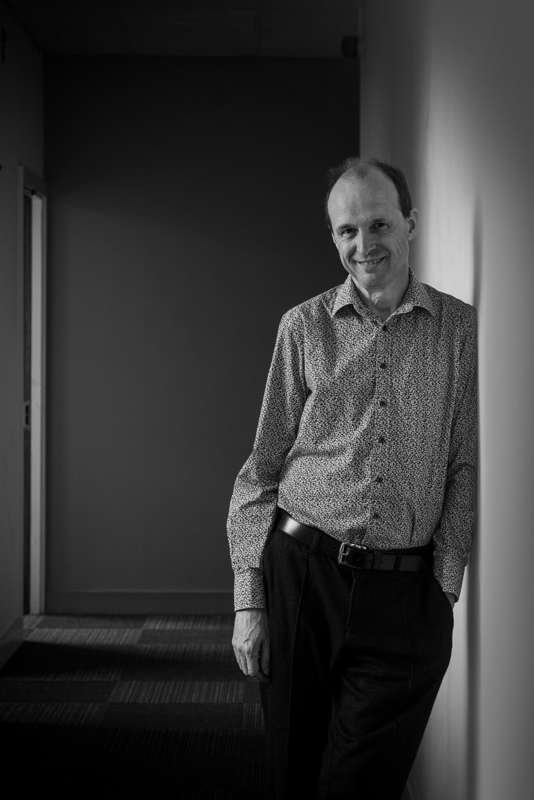Deeply Satisfying
MIKE WHEELER reviews Benjamin Frith's recital of music by J S Bach, Chopin, Schubert and Beethoven
In addition to his last-minute substitution for Beate Toyka at Derby Chamber Music in January, pianist Benjamin Frith returned with the full-length programme he had been scheduled to play - Multi-Faith Centre, Derby University, Derby, UK, 16 March 2025.
He opened with J S Bach's French Suite No 2, bringing poise to the Allemande, and skippy ebullience to the Courante. The Sarabande had the right inward quality, and the Air was sprightly - at one point I realised I was tapping my foot. After a gracious account of the two Minuets, a bouncy Gigue rounded things off nicely.
Two short pieces by Chopin followed. Frith explored the wide expressive range of the Nocturne in E minor, Op 72 No 1, and realised the song-without-words quality of the Etude in E, Op 10 No 3, one of Chopin's most familiar pieces.
He launched Schubert's dark, turbulent Sonata in A minor, D 784, in an aptly sombre mood. More animated moments retained the dark colouring, with some fierce outbursts and vertiginous falling scale passages. The second movement opened out convincingly from its quiet beginning, with stabbing accents punctuating moments of inner communing. Frith generated a mass of whirling energy to propel the last movement, with its song-like theme set against discontinuities and interruptions adding up to almost expressionist levels of instability. The ending was brusque and unanswerable.

Benjamin Frith
That was just the first half. Part two was taken up with nothing less than Beethoven's 'Hammerklavier' Sonata. Frith's opening was big-boned but still with plenty of power in reserve, and momentum to carry us through the hesitations, and moments when Beethoven seems to be looking back to baroque keyboard figuration. Frith clearly doesn't believe the work is a simple matter of remorseless battering, and his performance was all the better for it. In the Scherzo he found the balance-points between the playful and the rampaging, and between the brusque and the delicate. A calm, plaintive account of the third movement followed Beethoven into his quiet inner spaces, finding the calm below the ruffled surface. The ending was both tranquil and expectant – time pausing, if not standing completely still. The series of false starts which begin the finale generated the tension needed to launch the extraordinary fugue. This set off humming with energy, and built a powerful head of steam. At the same time, Beethoven's expansive structure had all the space it needed to work itself out, as it swings between the truculent and the ingratiating. The final passage brought the whole massive experience to a deeply satisfying conclusion.
So I was not convinced of the need for two of Beethoven's Bagatelles as encores. As a friend commented, after the Hammerklavier Sonata, 'there was nothing more to be said'.
Copyright © 24 March 2025
Mike Wheeler,
Derby UK





